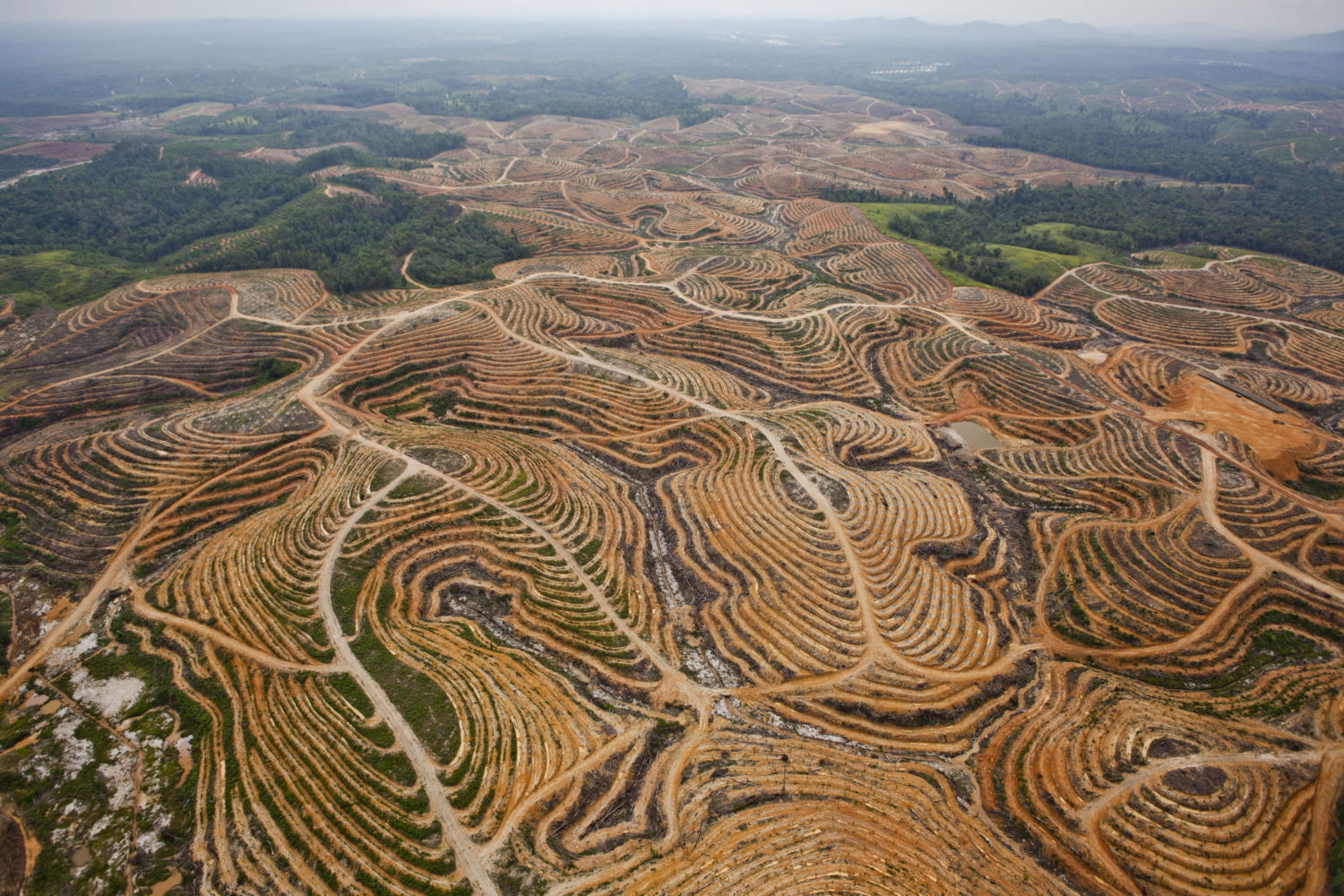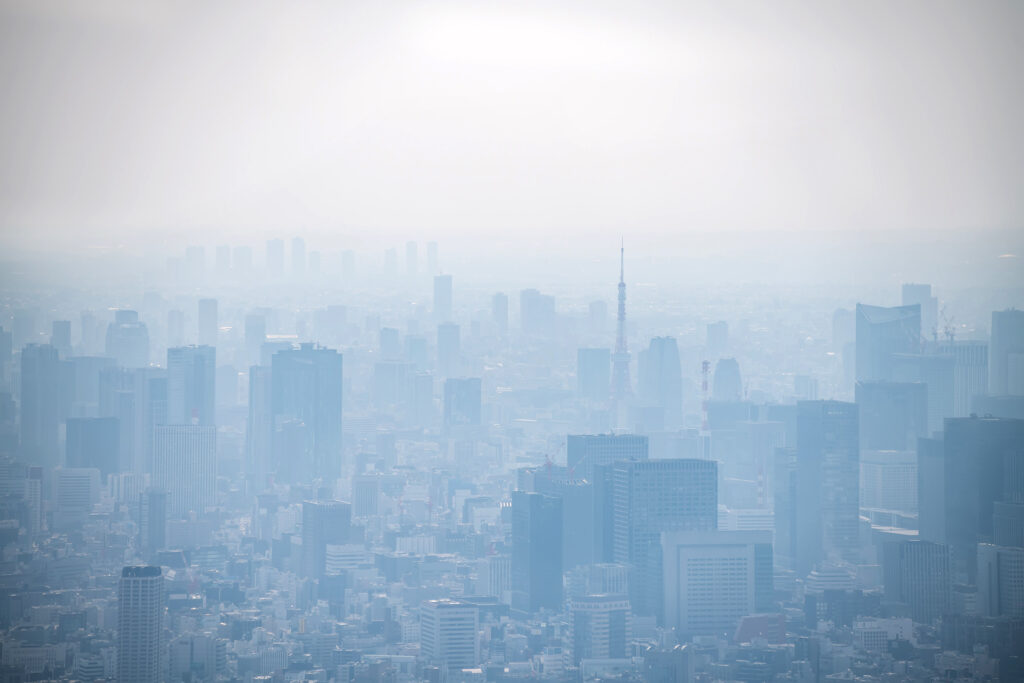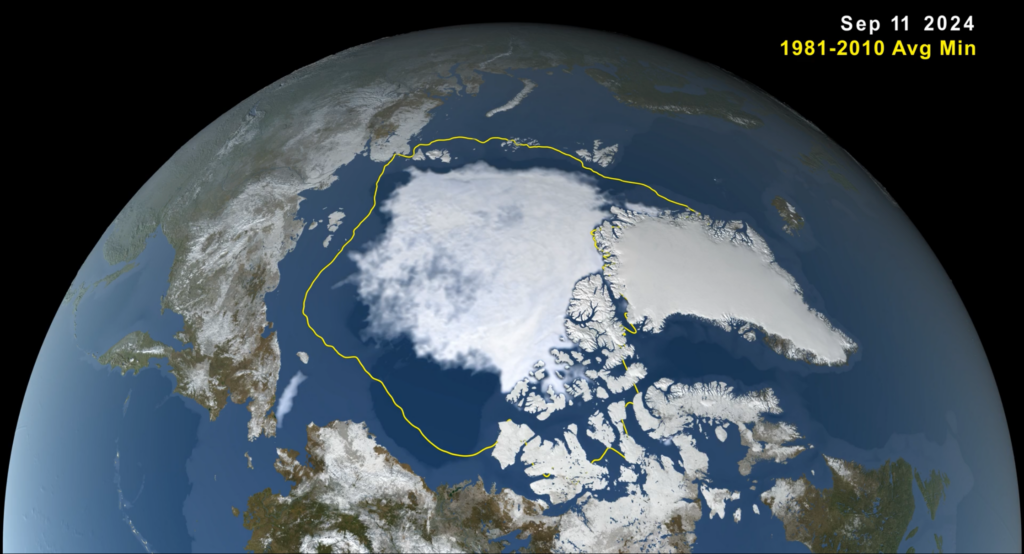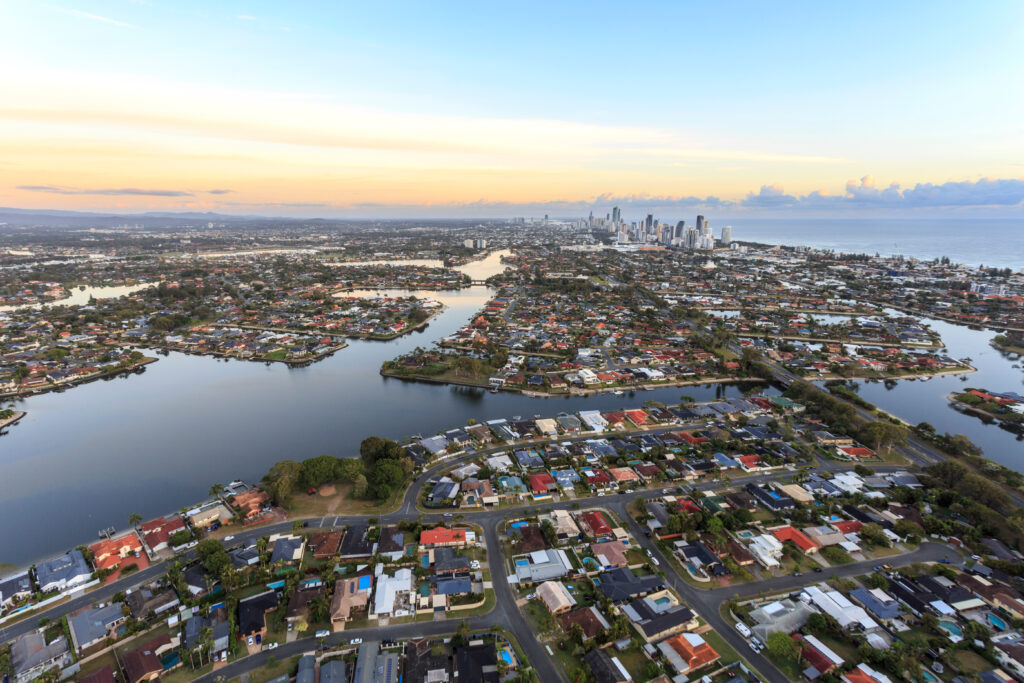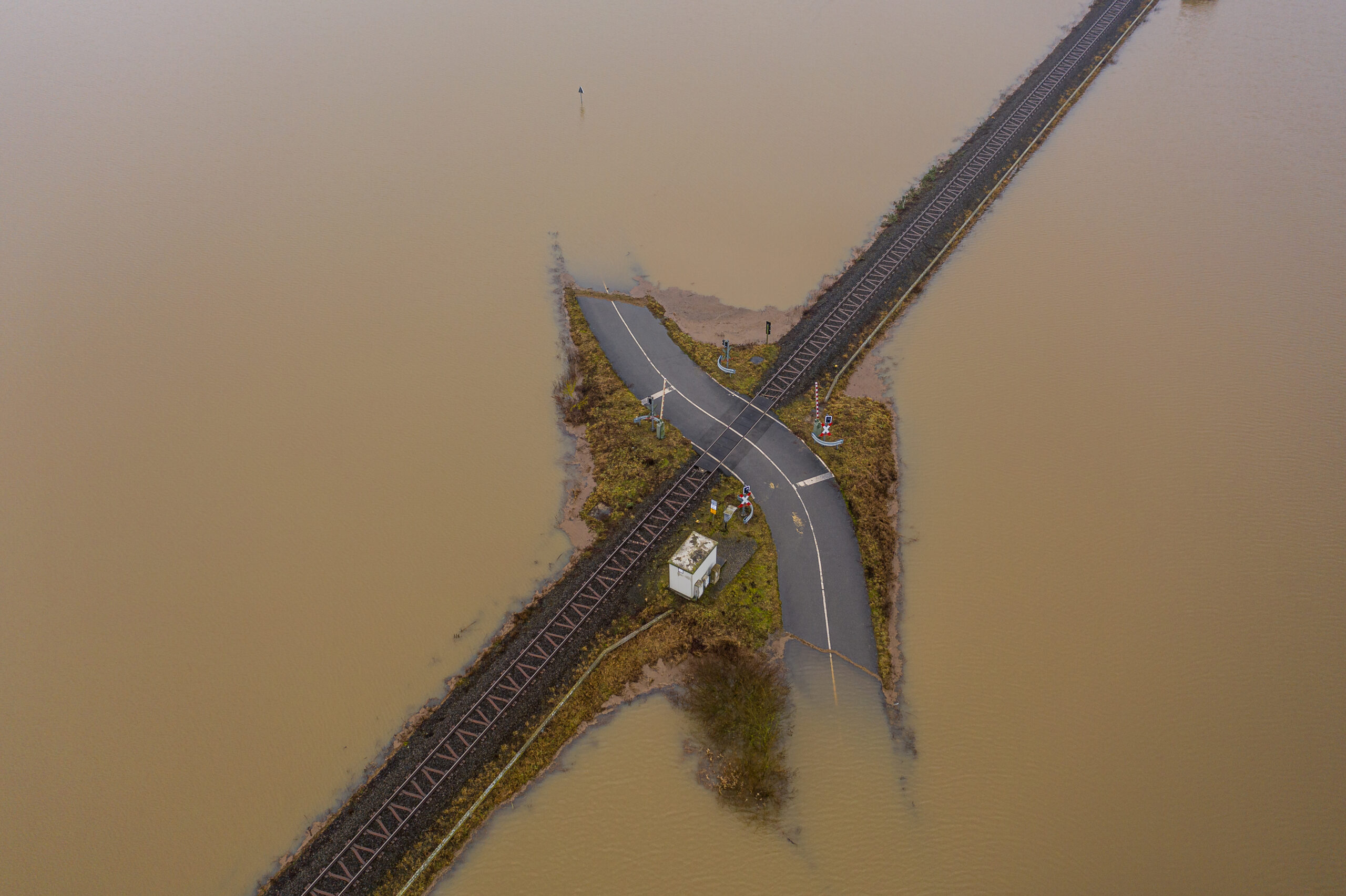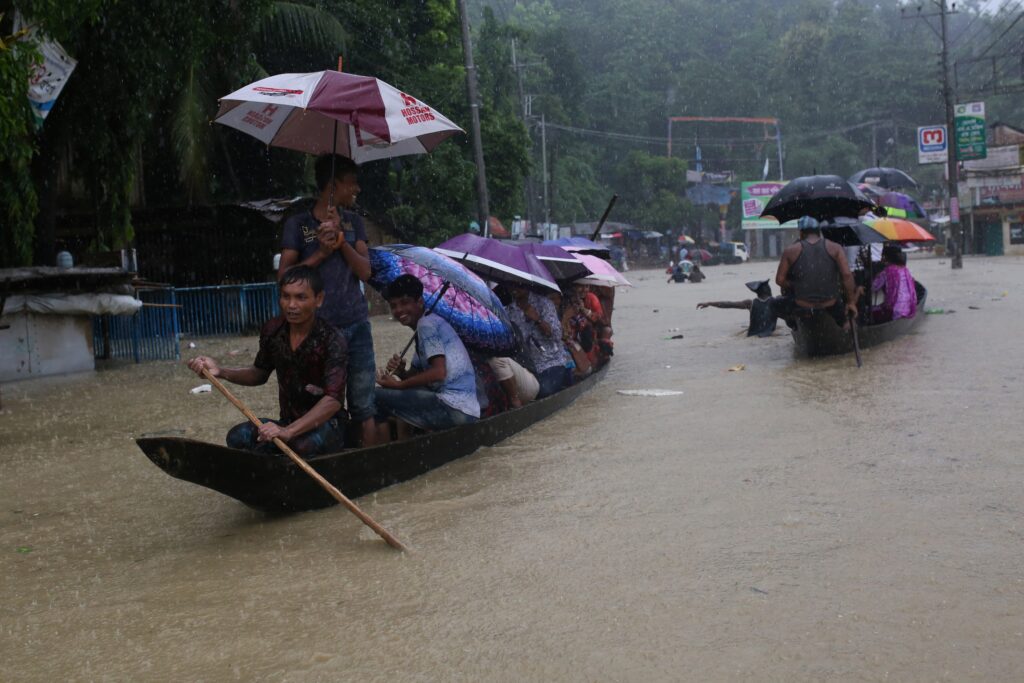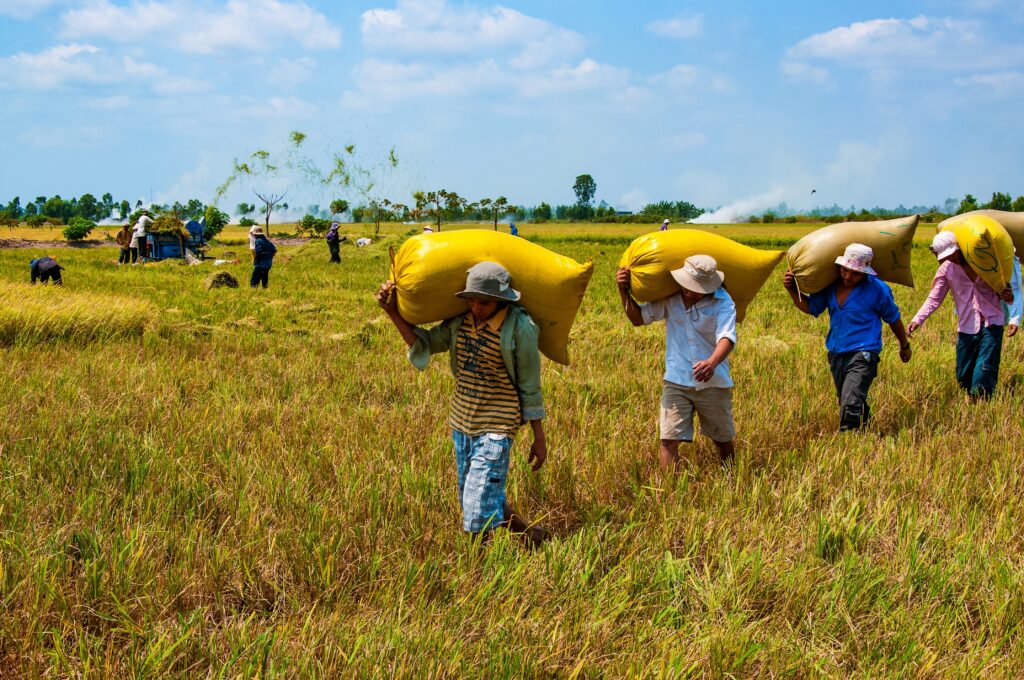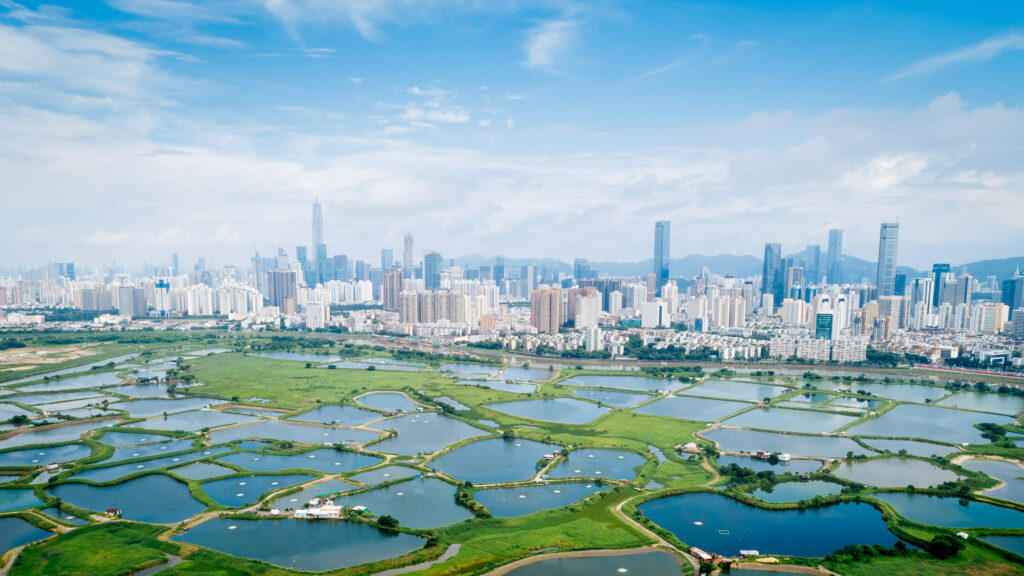Indonesia, a nation with over 270 million inhabitants, is at a critical juncture as it faces ongoing environmental issues in Indonesia. These challenges threaten the country’s population and economy, with Indonesians living below the poverty line – a population of around 26 million – at the greatest risk. Not only is this group highly reliant on the natural environment for food and income, but they also tend to live in the most at-risk areas and are the least capable of adapting to climate impacts.
This reliance on the environment makes Indonesia’s ongoing environmental and climate changes not just an ecological concern but also a critical factor impacting the well-being and livelihoods of millions.
Environmental Changes Happening in Indonesia: Environmental Issues in Indonesia 2024
The environmental landscape in Indonesia is undergoing drastic changes driven by local and global actions. Each of these changes has its own causes, impacts and solutions. Here are some of the top environmental issues in Indonesia in 2024:
Deforestation in Indonesia
Indonesia has the world’s third-largest rainforest coverage. In the 1960s, nearly 80% of its land area was covered in forests. By 2001, this had dropped to 50%, and since 2000, tree cover has declined by 18%.
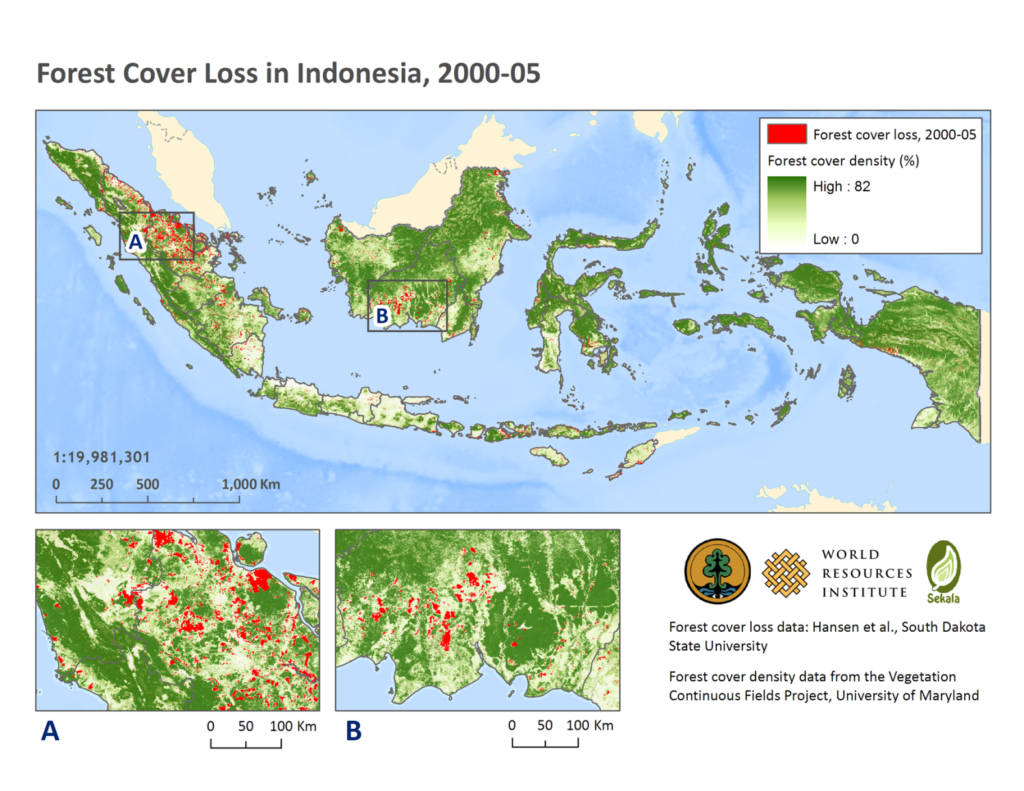
This is primarily driven by clearing land for other uses, like agriculture, mining and urbanisation. However, by far, the largest share (23% of total forest loss) is due to the development of palm oil plantations. Indonesia produces 59% of the world’s palm oil.
Indonesia’s deforestation has serious implications for both the natural environment and humans. For the environment, it reduces the available habitat for many animals, including endangered species. Indonesia is home to 10% of the world’s mammal species and 16% of the world’s bird species. Furthermore, rainforests act as major carbon sinks, and deforestation releases carbon dioxide into the atmosphere and reduces the trees available to remove carbon dioxide.
This is a major problem, as it leads to erosion, which reduces soil fertility and disrupts native communities. It threatens the livelihoods of local farmers and forces people to move to urban centres, which already house over 50% of the country’s population.
Rising Sea Levels
Indonesia has the second-largest coastline in the world and over 17,000 islands. Many of these islands and significant portions of other coasts are very low-lying. Due to climate change, global sea levels are already rising, and the rate is increasing.
Estimates show that by the end of the century, 115 of these islands will be underwater, and large portions of the coastline will be uninhabitable. This will affect 60% of the country’s population living on coastlines and displace a significant amount of these people.
Declining Fisheries
Indonesia’s fisheries contribute USD 26.9 billion to its economy and make up 50% of the population’s sources of protein. However, the country’s fish stock has declined by 4% since 2017, and 53% of the country’s fishery management areas are considered “fully exploited”. This is due to a combination of human factors, from illegal fish to poor government oversight.
Declining fisheries hurts the economy and puts the 12 million people who work in the fisheries sector at risk. It further puts the general population at risk by reducing long-term access to a critical food source. Estimates show that total fish catch could decline by 20-30% by 2050.
Increasing Forest Fires
Along with human deforestation, forest fires are a significant threat to the country’s rainforests. Forest fires are becoming more common, and since 2001, fires have caused 10% of the country’s forest loss. This is primarily due to the slash-and-burn clearing of agricultural land combined with drier conditions.
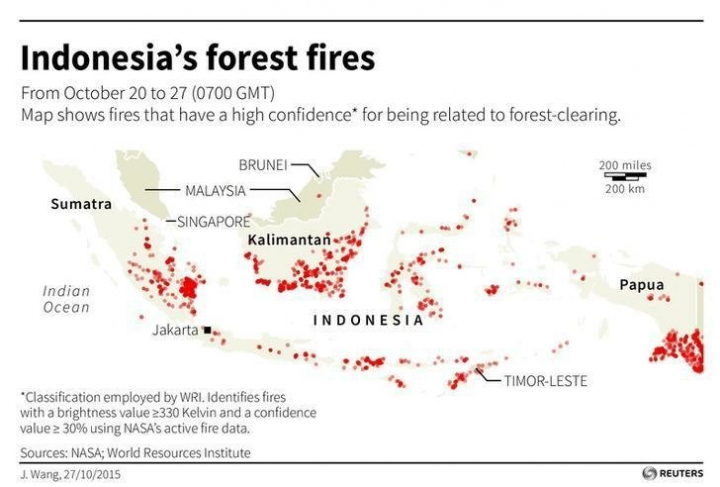
For humans, this leads to more air pollution and significant economic losses. Air pollution is a major health risk in the country, and data shows that it is getting worse. In 2015, fires led to USD 16 billion in losses and 100,00 premature deaths.
What Are Some Environmental Issues in Jakarta?
Jakarta is plagued by many of the same environmental issues as the rest of Indonesia. Some of the most critical are rising sea levels and flooding. 40% of the city is below sea level, and estimates show 25% of the city being underwater by 2050. Along with rising sea levels is the increasing rate of flooding, which is bringing the city to a standstill. As a result, the country is considering building a new capital city, primarily due to climate change.
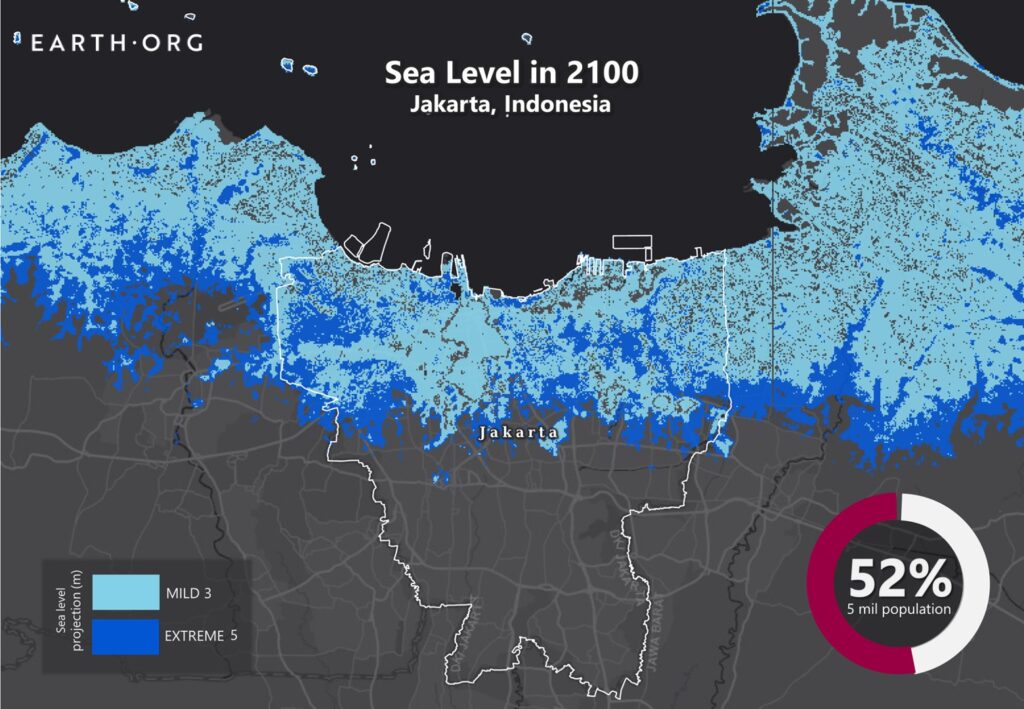
Another major environmental impact is poor air quality. The city’s air was recently called “the most polluted in the world”. This primarily comes from fossil fuel-powered vehicles and factories, as well as climate impacts. High air pollution is considered the city’s top environmental risk factor for death. This is exacerbated by the country’s increasing days of extreme heat each year. Extreme heat puts vulnerable and poor communities at risk of heat-related illnesses.
The Solution to Environmental Issues in Indonesia: Government Support
Indonesia’s response to these environmental issues is critical for safeguarding the future of its vast population. Due to this, the country has taken steps to address these environmental concerns. For example, Indonesia has implemented policies such as the moratorium on new palm oil plantations from 2018 to 2021 to address deforestation and forest fire concerns. This led to a 75% decline in deforestation between 2019 and 2020.
Despite these steps, Indonesia’s scale of environmental degradation and climate change impacts demands a more aggressive and integrated approach. This will largely hinge on government policy, which is also necessary for the country to meet its 2060 net-zero emissions target. The current strategies, while a step in the right direction, need to be scaled up to adequately protect Indonesia’s natural environment and the well-being of its people.
Eric Koons
Writer, United States
Eric is a passionate environmental advocate that believes renewable energy is a key piece in meeting the world’s growing energy demands. He received an environmental science degree from the University of California and has worked to promote environmentally and socially sustainable practices since. Eric has worked with leading environmental organisations, such as World Resources Institute and Hitachi ABB Power Grids.
Eric is a passionate environmental advocate that believes renewable energy is a key piece in meeting the world’s growing energy demands. He received an environmental science degree from the University of California and has worked to promote environmentally and socially sustainable practices since. Eric has worked with leading environmental organisations, such as World Resources Institute and Hitachi ABB Power Grids.

